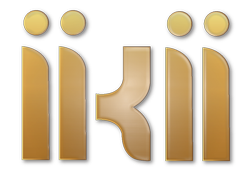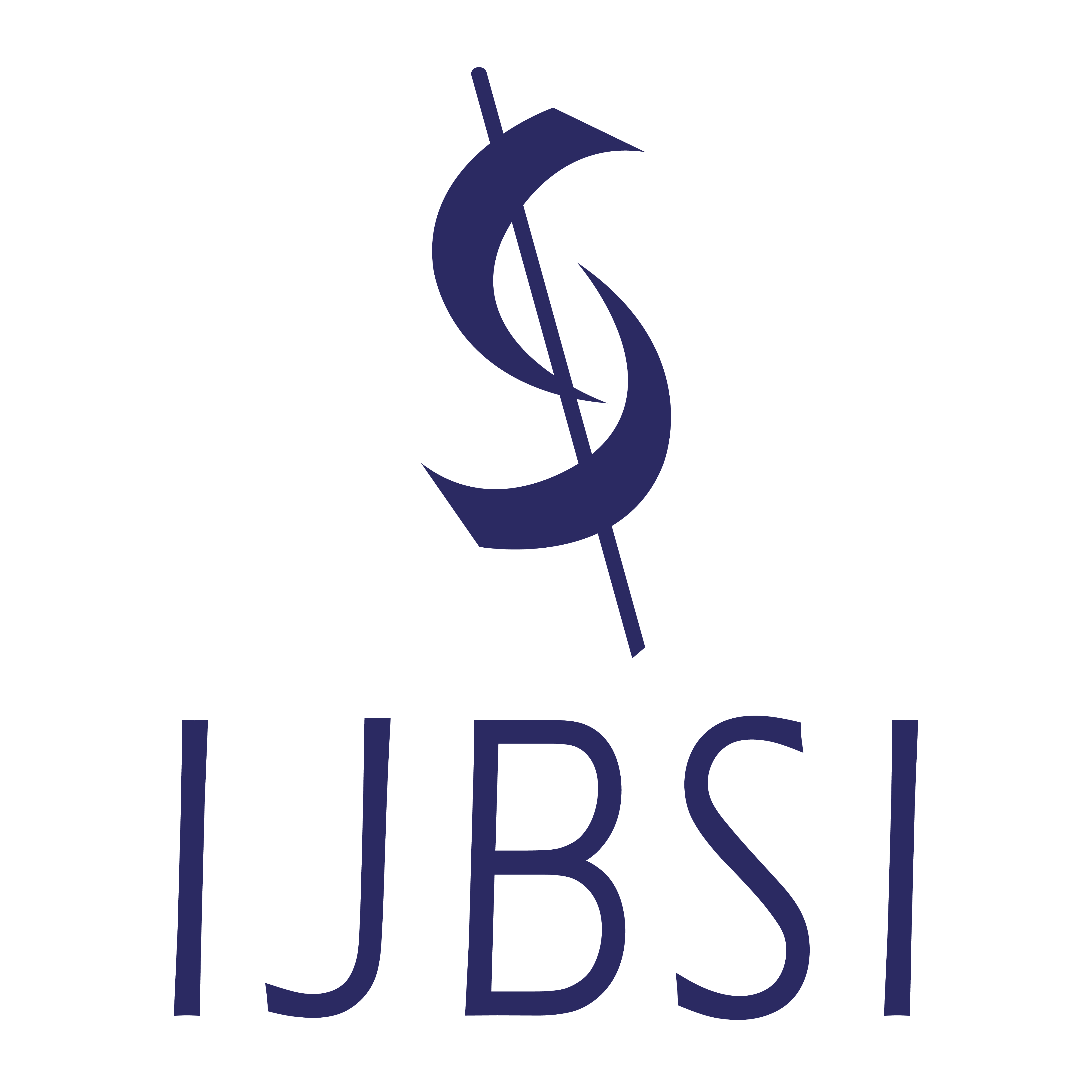Review
Influence of Coach Leadership on Team Play, Morale, and Performance in Sports
More Detail
1 St. Andrew's College, Aurora, ON L4G 3H7, Canada1* Corresponding Author
International Journal of Business Studies and Innovation, 5(3), September 2025, 15-20, https://doi.org/10.35745/ijbsi2025v05.03.0003
Submitted: 09 July 2025, Published: 30 September 2025
OPEN ACCESS 496 Views 1604 Downloads
ABSTRACT
The role of coaches in sports extends far beyond technical instruction and tactical execution. Coaches serve as motivators, strategists, and culture architects who can significantly influence team morale, cohesion, and seasonal outcomes. This review explores how leadership qualities—such as experience, communication skills, strategic knowledge, and emotional intelligence—affect a team’s performance over a competitive season. Drawing on existing literature from sports psychology, organizational leadership, and management theory, the article identifies key characteristics that distinguish successful coaches. Case studies of high-profile coaches are examined to illustrate these effects in real-world contexts. The review concludes with recommendations for future research methodologies and practical implications for coaching education and team development.
CITATION (APA)
Son, J. J. (2025). Influence of Coach Leadership on Team Play, Morale, and Performance in Sports. International Journal of Business Studies and Innovation, 5(3), 15-20. https://doi.org/10.35745/ijbsi2025v05.03.0003
REFERENCES
- Arthur, C. A.; Bastardoz, N.; Eklund, R. (2017) Transformational Leadership in Sport: Current Status and Future Directions. Current Opinion in Psychology, 16, 78–83.
- Atwater, D. C.; Bass, B. M. (1994) Transformational Leadership in Teams. (Bass, B. M.; Bruce J. A., Ed.) In Improving Organizational Effectiveness through Transformational Leadership. Thousand Oaks: Sage PublicationsCallow, Nichola, et al. "Effects of Transformational Leadership on Team Cohesion and Performance." *Journal of Applied Sport Psychology* 21, no. 4 (2009): 395–412.
- Carron, A. V.; Max, R. C.; Wheeler, J.; Stevens, D. (2002) Cohesion and Performance in Sport: A Meta-Analysis. Journal of Sport & Exercise Psychology, 24, 168–188.
- Chan, J. T.; Cliff, M. (2011). The Value of Emotional Intelligence for High Performance Coaching. International Journal of Sports Science & Coaching, 6, 315–328.
- Chelladurai, P. (1980). Leadership in sports organizations. Canadian Journal of Applied Sport Sciences, 5, 226–231.
- Chelladurai, P.; Saleh, S. D. (1980) Dimensions of Leader Behavior in Sports: Development of a Leadership Scale. Journal of Sport Psychology, 2. 34–45.
- Cotterill, S. T.; Cheetham, R. (2017). The Experience of Captaincy in Professional Sport: The Case of Elite Professional Rugby. European Journal of Sport Science, 17, 215–221.
- Financial Times. (2024). Google DeepMind unveils AI football tactics coach honed with Liverpool. Retrieved April 15, 2025, from Available online: https://www.ft.com/content/e5a64dd3-7fe0-4db4-9f65-6f7517c2c573?utm_source=chatgpt.com
- Fletcher, D.; Wagstaff, C. R. D. (2013) Organizational Psychology in Elite Sport: Its Emergence, Application and Future. Psychology of Sport and Exercise, 14, 512–521.
- Fransen, K.; Boen, F.;, Vansteenkiste, M.; Mertens, N.; Vande Broek, G. (2017). The Power of Competence Support: The Impact of Coaches and Athlete Leaders on Team Functioning in Sports. Scandinavian Journal of Medicine & Science in Sports, 27, 273–285.
- Gould, D.; Collins, K.; Lauer, L.; Chung, Y. (2007). Coaching Life Skills through Football: A Study of Award-Winning High School Coaches. Journal of Applied Sport Psychology, 11, 16–36.
- Graßmann, C;. Schermuly, C. C. (2020). Coaching with Artificial Intelligence: Concept and Capabilities. Human Resource Development Review, 20, 106–126.
- Hammes, F.; Hagg, A.; Asteroth, A.; Link, D. (2022). Artificial Intelligence in Elite Sports—A Narrative Review of Success Stories and Challenges. Frontiers in Sports and Active Living, 4.
- Holmes, P.; McNeil, M.; Adorna, S. (2022) The Coach-Athlete Relationship and Performance Outcomes in Professional Team Sports. International Journal of Sports Science & Coaching, 17, 120–132.
- Jonathan, W. (2018). The Barcelona Legacy: Guardiola, Mourinho and the Fight for Football’s Soul. (Jonathan, W. Ed.) London: Blink Publishing.
- Jowett, S.; Cockerill, I. M. (2003) Olympic Medallists’ Perspective of the Athlete–Coach Relationship. Psychology of Sport and Exercise, 4, 313–331.
- Mateus, N.; Abade, E. Coutinho, C.; Gómez, M.-Á.; Peñas, C. L.; Sampaio, J. (2025). Empowering the Sports Scientist with Artificial Intelligence in Training, Performance, and Health Management. Sensors, 25. 139.
- Northouse, P. G. (2016) Path-Goal Tehory. (Northouse, P. G. Ed.) In Leadership: Theory and Practice. 7th ed. Thousand Oaks: Sage Publications.
- Northouse, P. G. (2018) Introduction. (Northouse, P. G. Ed.) In Leadership: Theory and Practice. 7th ed. Thousand Oaks: Sage Publications.
- Ruszkai, A. (2022). Retrieved April 15, 2025, from Available online: https://www.goal.com/en/news/football-came-home-wiegman-and-england-s-lionesses-win-the-women-s-euros-and-become-immortal-at-wembley/blt03e1306009078090.
- Spuill, T. (2021). Dawn Staley’s American Dream is nowhere near finished. Retrieved April 15, 2025, from Available online:https://www.nytimes.com/athletic/1600863/2020/02/13/dawn-staleys-american-dream-is-nowhere-near-finished/.
- Thelwell, R. C.; Neil, J. W.; Greenlees, I. A. (2008). Batting on a Sticky Wicket: Identifying Sources of Stress and Coping Strategies of Professional Cricket Batters. Psychology of Sport and Exercise, 9, 384–397.
- UEFA. UEFA Technical Reports. Retrieved April 15, 2025, from Available online: https://www.uefatechnicalreports.com/.
- Xu, T.; Baghaei, S. (2025). Reshaping the future of sports with artificial intelligence: Challenges and opportunities in performance enhancement, fan engagement, and strategic decision-making. Engineering Applications of Artificial Intelligence, 142. 109912
- Yukl, G. A.; Gardener. W.L. (2013). The Nature of Leadership. (Yukl, G. A.; Gardener. W.L. Ed,) In Leadership in Organizations. 9th ed. Upper Saddle River: Pearson.

 OPEN ACCESS
OPEN ACCESS

 The articles published in this journal are licensed under the CC-BY Creative Commons Attribution International License.
The articles published in this journal are licensed under the CC-BY Creative Commons Attribution International License.